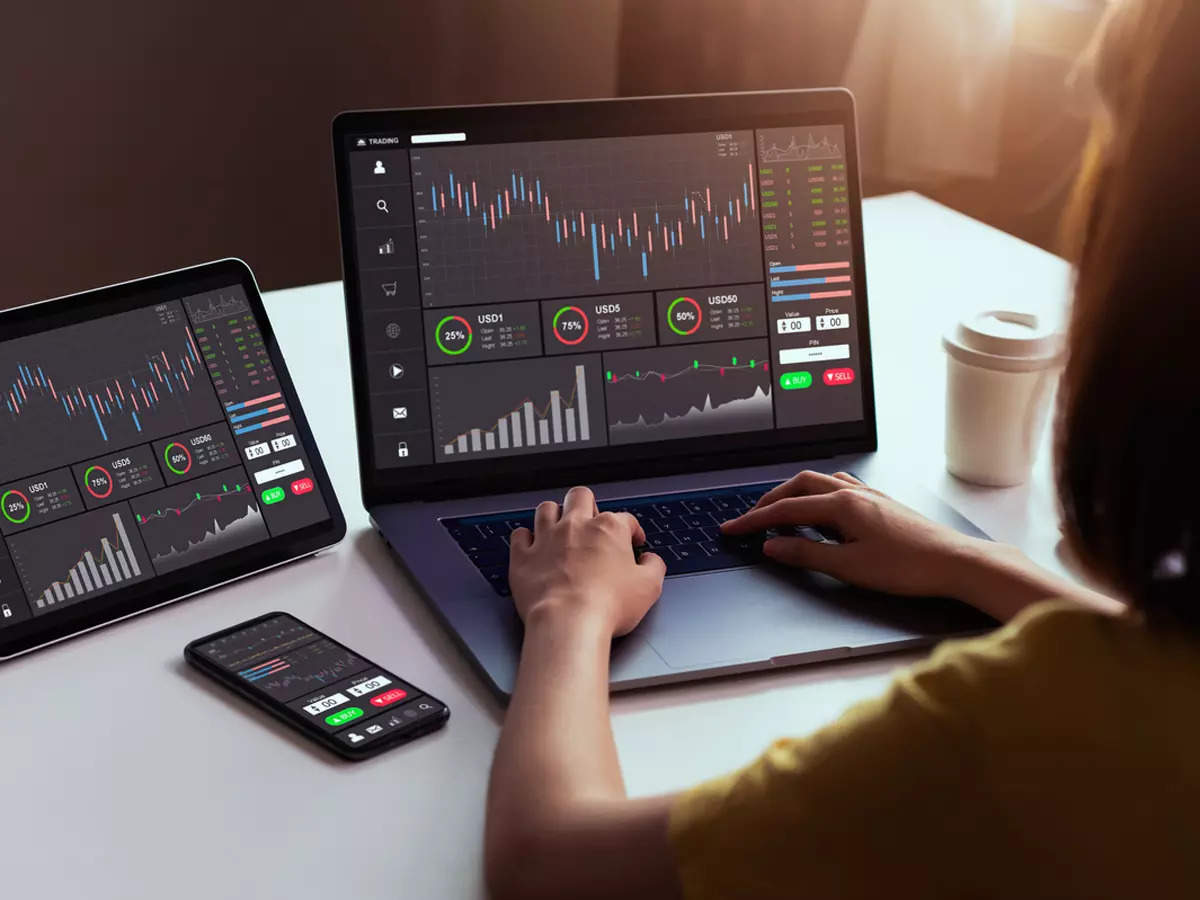Forex and futures are two different trading markets conducted in the UK. Both provide individuals with a way to invest their money into an asset that is expected to gain value at a certain point in time.
However, each market has its own set of advantages and disadvantages depending on the types of assets you’re looking to trade, how long you have to trade for, and what your current financial situation is.
Trading assets
The easiest way to tell the difference between forex, futures and spread betting is to trade an asset for another asset. This other asset could be cash, or it could be another financial product. For example, if you were to trade shares on the stock market in the UK, you would be buying an ‘asset’ (stocks) for cash. You then hope that the price of the stocks will rise so that when you go to sell them at a later date, they’ll have gained value and hopefully turned a profit.
If this is your strategy, then futures are probably best suited to your needs as these are contracts based purely on whether an asset gains or loses value over time. There’s no cash involved until settlement day. If you were to trade currency pairs such as EUR/USD on forex, this would be classed as a form of contract for difference (CFD), and once again, no cash is involved upfront. Instead, your profit or loss occurs due to the fluctuations in value between the two currencies.
Physical assets
In addition to CFDs and contracts for differences, there are also physical assets that can be bought and sold by investors speculating on their prices. In the UK, these are primarily traded through futures. For example, you could buy a fixed amount of copper (or any other future) at a specific price and sell it to another investor for its current value when the contract expires. You would make or lose money depending on whether you bought high and sold low (i.e. speculating that the price of copper was going to rise) or bought low and sold high (speculating that the price of copper was going to fall).
The primary difference between forex and futures trading
The primary difference between these markets and forex is that futures are purely speculative. You’re not trading an actual unit of commodity/asset, contracts based on their pricing. This means they require no initial cash outlay, and there’s no risk in default from either party, so if both parties fail to trade, no loss has occurred. This makes them extremely popular for large scale investors, corporations and institutions as they allow you to speculate on the price of an asset without having to buy/sell any actual units.
Forex is similar but does involve trading currencies between two parties. When one party buys a currency from another party, they hope that its value will increase over time – if it does, they make money. If not, then no money has been lost.
The benefit of forex over futures
The benefit of forex over futures is that there’s cash involved upfront. If one party defaults, the other can claim back their initial capital plus interest through the Bankruptcy Court system (in the case of CFD’s, both parties must trade or else no money changes hands).
The downside to forex is highly speculative, and your capital can be lost quickly, particularly in a falling market. This means that only large scale investors and institutions should consider trading currencies, whereas futures are more suited for individual or smaller businesses.
Finally
Beginner traders interested in futures trading should use a reputable online broker from Saxo bank and trade on a demo account to practise different trading strategies before investing real money.







